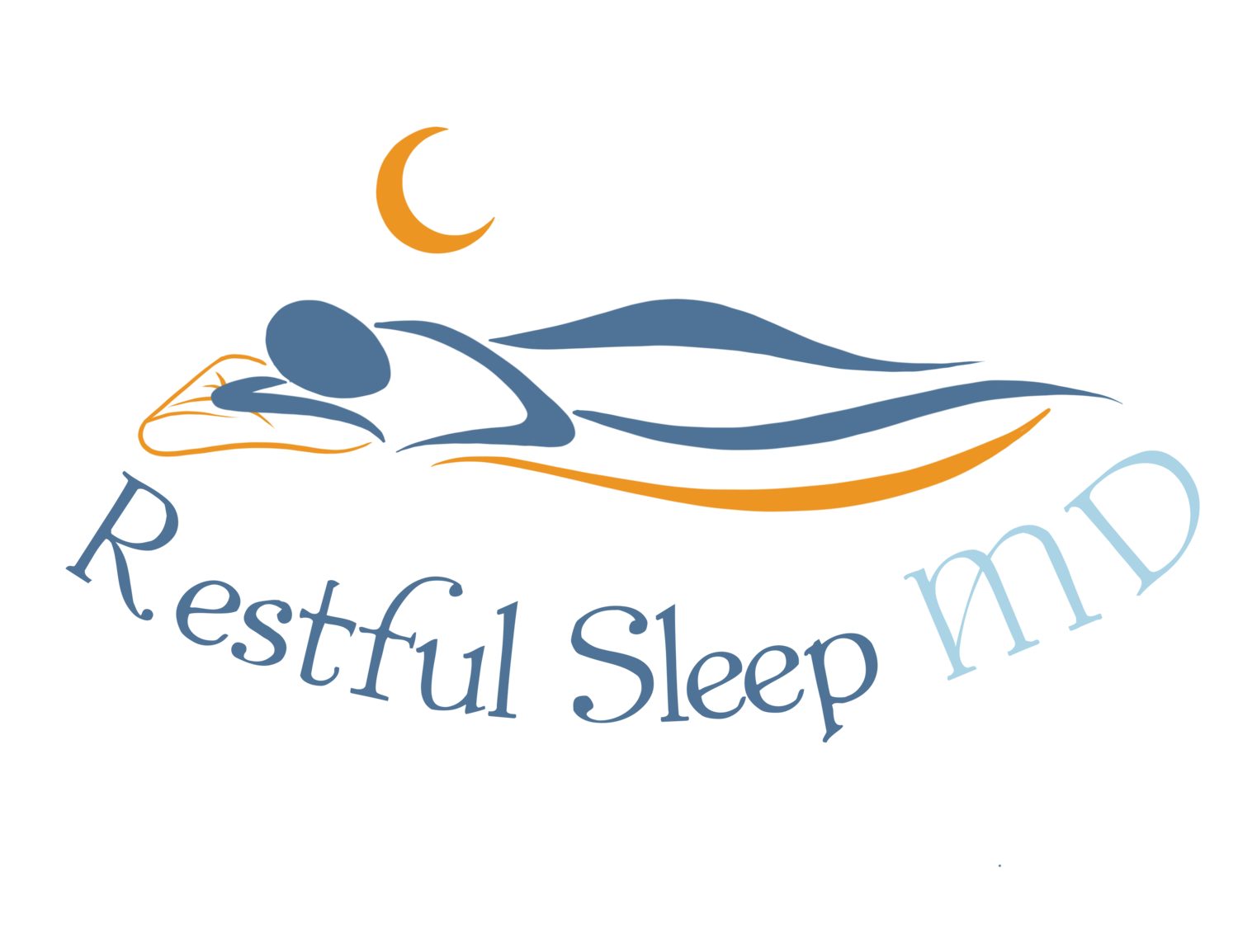Conversations with a Sleep Medicine Expert.
I had the privilege of chatting with Dr. Caroline Okorie, a sleep specialist and pediatric pulmonologist who cares for children with various respiratory and sleep issues. She is located at Stanford Children's Health in California.
Dr. Okorie has a great interest in all things sleep medicine and medical education, health literacy, and community engagement. She enjoys working with patients and families to help empower them to optimize their health and well-being. Dr. Okorie and I are underrepresented minorities in the pediatric sleep medicine field, a specialty that is already relatively small and unique.
In this blog, Dr. Okorie shares about herself as a sleep medicine physician, her journey so far, and some life lessons along the way.
Check out the video episode here.
Tell us a bit about yourself and your career journey
My name is Caroline Okorie. I am a sleep specialist and pediatric pulmonologist, and I currently care for children with a variety of respiratory and sleep issues.
I am boarded in Pediatrics, Pediatric Pulmonary medicine, and sleep medicine and completed all my training in 2018. From the start of medical school, the journey took 13 years. I obtained both my medical degree and masters in public health at the University of Arizona (5 years) I then moved to Portland Oregon where I completed my pediatric residency (3 years) and chief residency (1 year) at Oregon Health & Science University. I moved from there to Stanford School of Medicine where I completed both a pediatric pulmonary fellowship (another 3 years) and a sleep medicine fellowship (1 year).
After training, I joined the faculty at a large academic medical center. I have a great interest in all things sleep medicine as well as medical education, health literacy, and community engagement. I really enjoy working with patients and families to help empower them to optimize their health and well-being.
What made you pursue sleep medicine as a career
I first learned about sleep medicine during my pediatric pulmonary fellowship. I was given the chance to rotate at the Stanford Sleep Clinic and learn from some of the pioneers in sleep medicine. Their passion for this field was contagious.
I love that Sleep medicine is relatively young with great potential for additional discovery.
Sleep Medicine is multidisciplinary by nature, and I enjoy collaboration. My sleep colleagues have backgrounds in neurology, internal medicine, surgery, psychiatry, family medicine, anesthesiology, and of course pediatrics. I enjoy working with people with different perspectives on clinical solutions for patients. And finally, good sleep can be transformative, improving one’s overall health and quality of life.
What have been some life lessons on your journey so far? How have you evolved on this journey as a black woman in medicine?
I have learned that while life is short, I don’t have to hurry through it! I have come to appreciate the importance of slowing down and being present in the moment. Now I’m still working on remembering this in stressful moments, but I’m working on it!
As a black woman in medicine, I am often one of the few (or only) who look like me in a room. I used to feel that meant I should keep quiet, or conform with the others in the room. Now, I listen and take in other perspectives, but have come to love having my own voice. I believe my unique perspective is my superpower. I'm able to offer a new way of looking at things. Even if my voice may not be appreciated (or heard) at the moment, I feel it is worth the risk of feeling uncomfortable at the moment.
What are some of the sleep issues you see in your practice?
I see all sorts of patients and patient issues in the clinic. I see otherwise healthy children with straightforward sleep concerns as well as kids with more involved medical syndromes and complex sleep issues. In addition to seeing kids with complex breathing disorders, I really enjoy caring for my patients who are neurologically atypical (e.g. autism, ADHD, other developmental delays). Many of these kids really struggle with sleep and I do my best to partner with parents/caregivers to think of creative solutions to help the child and family.
The pandemic has changed our way of life and has wreaked havoc on our sleep. Families and children have lost routines and are experiencing more stress. Everyone is trying to cope! I know it’s not easy, but I feel the advice I give helps move families back towards more functional home life.
Fun question: if you were not a physician, what else would you have done?
I think I would have pursued a writing career. I enjoy writing and was even an English Literature major in college. I am considering ways to re-visit my love of literature, even while maintaining a busy medical practice.
Secretly, I would have loved to be a rock star, but that wasn’t in the cards!
Where can people find you/ parting words?
I'm at Stanford Children's Healthcare in California and kids of all ages.
I want people to understand that sleep is important and getting good sleep is one of the most important acts of "self-care" and "self-compassion" you can do.
If you (or a loved one) struggle with sleep, there are Sleep Experts who can help!
To find a board-certified sleep specialist in your area, you can click this link


